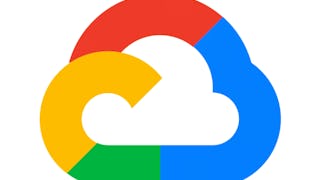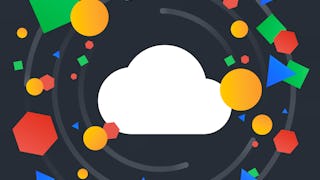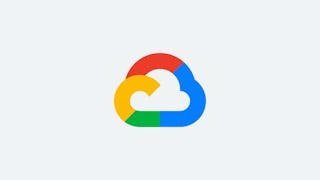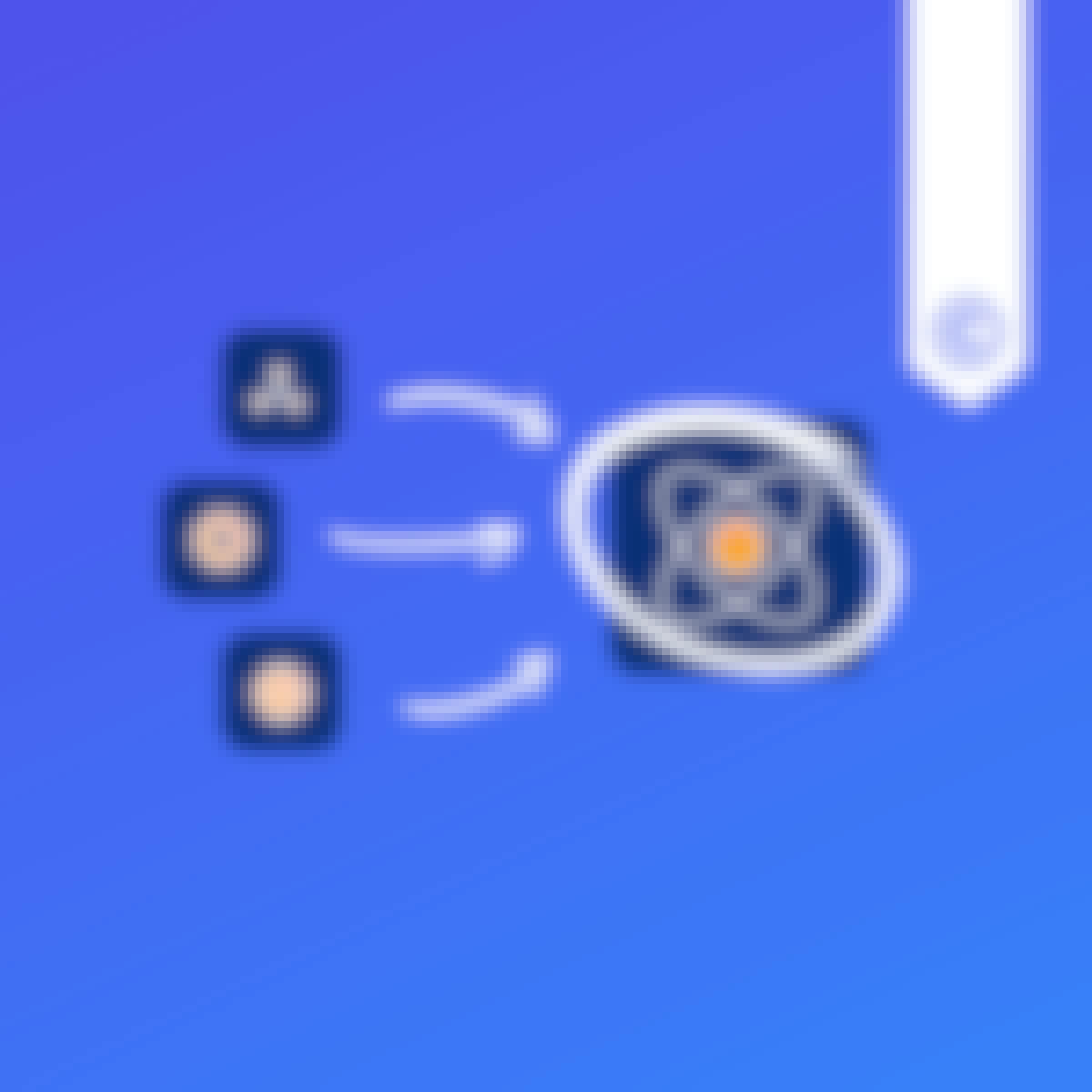- Browse
- Banking
Banking Courses
Banking courses can help you learn financial analysis, risk management, regulatory compliance, and investment strategies. You can build skills in credit assessment, portfolio management, and customer relationship management. Many courses introduce tools like Excel for financial modeling, Bloomberg terminals for market analysis, and software for risk assessment, showing how these skills are applied in real banking environments.
Popular Banking Courses and Certifications
 Status: NewNewStatus: PreviewPreview
Status: NewNewStatus: PreviewPreviewSkills you'll gain: Private Equity, Financial Modeling, Mergers & Acquisitions, Return On Investment, Cash Flows, Investment Banking, Case Studies, Financial Analysis, Business Valuation, Financial Forecasting, Capital Markets, Loans, Due Diligence, Corporate Finance
Mixed · Course · 1 - 4 Weeks
 G
GGoogle Cloud
Skills you'll gain: Looker (Software), Order Fulfillment, Customer Analysis, Business Analytics, Data-Driven Decision-Making, Business Intelligence, Business Intelligence Software, Google Cloud Platform, Dashboard, Business Analysis, Data Visualization, Data Analysis, Sales Management, Sales, Product Knowledge, Enterprise Resource Planning
Beginner · Project · Less Than 2 Hours
 Status: Free TrialFree TrialG
Status: Free TrialFree TrialGGoogle Cloud
Skills you'll gain: Digital Transformation, Google Cloud Platform, Big Data, Looker (Software), Cloud Computing, Machine Learning, Analytics, Data Management, Data Lakes, Data Storage, Unstructured Data, Data Quality, Business Intelligence, Data-Driven Decision-Making, Customer experience improvement, Artificial Intelligence
Beginner · Course · 1 - 3 Months
 Status: Free TrialFree Trial
Status: Free TrialFree TrialSkills you'll gain: Real Time Data, Digital Transformation, Looker (Software), Business Intelligence, Data Strategy, Data Transformation, Business Intelligence Software, Google Cloud Platform, Big Data, Analytics, Data Storage, Data Storage Technologies, Data Pipelines, Dataflow, Data Management, Cloud Solutions
Beginner · Course · 1 - 3 Months
 Status: NewNewStatus: Free TrialFree Trial
Status: NewNewStatus: Free TrialFree TrialSkills you'll gain: Oracle SQL Developer, SQL, Oracle Databases, Database Management, Data Analysis, Performance Tuning, Business Intelligence, Data Manipulation, Analytics, Data Transformation
Mixed · Course · 1 - 4 Weeks
 Status: PreviewPreviewU
Status: PreviewPreviewUUniversidad Nacional Autónoma de México
Skills you'll gain: Fraud detection, Asset Protection, Insurance, Budgeting, Credit Risk, Budget Management, General Finance, digital literacy, Investments, Finance, Mobile Banking, Financial Planning, Financial Management, Risk Management, Goal Setting
Beginner · Course · 1 - 3 Months
 Status: Free TrialFree Trial
Status: Free TrialFree TrialSkills you'll gain: AI Enablement, Business Leadership, Strategic Leadership, Data Ethics, Strategic Decision-Making, Responsible AI, Predictive Analytics, Business Strategy, Business Intelligence, Artificial Intelligence, Technical Communication, Culture Transformation, Risk Management, Ethical Standards And Conduct, Communication
Beginner · Course · 1 - 4 Weeks
 Status: Free TrialFree Trial
Status: Free TrialFree TrialSkills you'll gain: Digital Transformation, Real Time Data, Data Strategy, Data Governance, Data Transformation, Business Transformation, Big Data, Business Intelligence, Google Cloud Platform, Analytics, Data-Driven Decision-Making, Data Management, Data Pipelines, Cloud Solutions, Data Storage
Beginner · Course · 1 - 3 Months
 Status: NewNewStatus: Free TrialFree TrialB
Status: NewNewStatus: Free TrialFree TrialBBoard Infinity
Skills you'll gain: Responsible AI, MLOps (Machine Learning Operations), Model Deployment, Jenkins, AI Security, Applied Machine Learning, Java, Continuous Deployment, Federated Learning, Artificial Intelligence, Machine Learning, Spring Framework, Application Deployment, Reinforcement Learning, Spring Boot, Enterprise Application Management
Intermediate · Course · 1 - 4 Weeks
 Status: NewNewStatus: Free TrialFree Trial
Status: NewNewStatus: Free TrialFree TrialSkills you'll gain: AWS SageMaker, Exploratory Data Analysis, Feature Engineering, Dashboard, Data Presentation, Model Evaluation, Data Visualization, Data Pipelines, Project Documentation, Solution Delivery, Amazon Web Services, Data Analysis, Data Integration, Cloud Development, Technical Documentation, Business Intelligence, Cloud Infrastructure, Technical Communication, Automation, Project Management
Beginner · Course · 1 - 3 Months
 Status: Free TrialFree TrialA
Status: Free TrialFree TrialAArizona State University
Skills you'll gain: Data Transformation, Engineering Management, Data-Driven Decision-Making, Data Storytelling, Data Integration, Capacity Management, Data Analysis, Unstructured Data, Data Management, Business Intelligence, Data Governance, Management Reporting
Beginner · Course · 1 - 4 Weeks
 Status: NewNew
Status: NewNewSkills you'll gain: Power BI, Data Analysis Expressions (DAX), Data Transformation, Business Intelligence, Data Modeling, Interactive Data Visualization, Data Manipulation, Dashboard, Data Visualization Software, Microsoft Excel, SQL Server Reporting Services, Data Warehousing, Data Sharing, Data Integration
Intermediate · Course · 1 - 3 Months
In summary, here are 10 of our most popular banking courses
- Leveraged Buyouts: Analyze, Structure & Model Deals: EDUCBA
- Explore SAP Data Foundation using Looker Dashboards: Google Cloud
- Innovating with Data and Google Cloud בעברית: Google Cloud
- Exploring Data Transformation with Google Cloud - Español: Google Cloud
- Mastering Oracle SQL Functions with SQL Developer: EDUCBA
- Finanzas personales en ambientes digitales: Universidad Nacional Autónoma de México
- AI-Augmented Decision-Making for Business Leaders: Coursera
- Exploring Data Transformation with Google Cloud - Français: Google Cloud
- Real-World Applications & Model Deployment in Java : Board Infinity
- Building a Real-World Data Science Solution : Coursera










